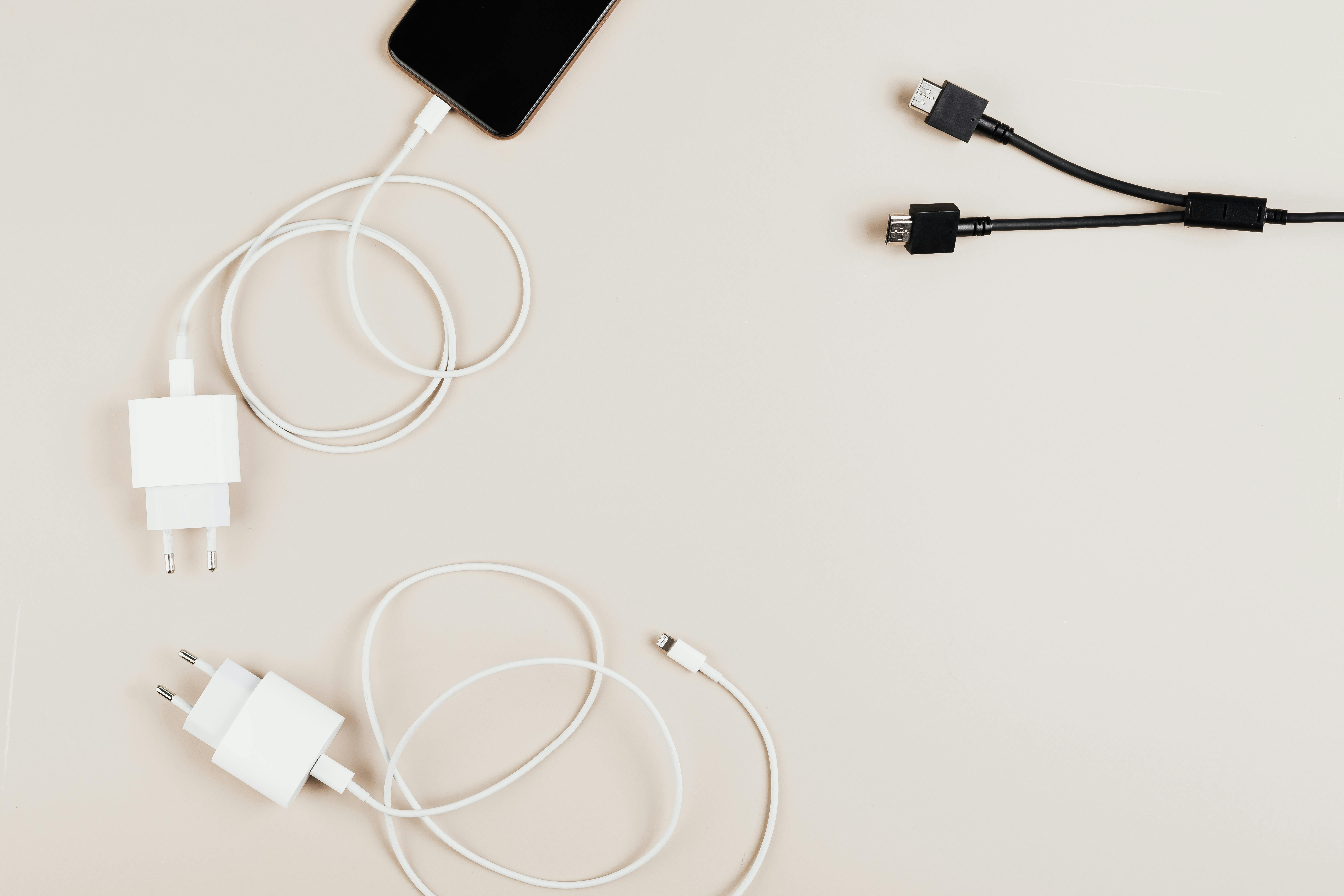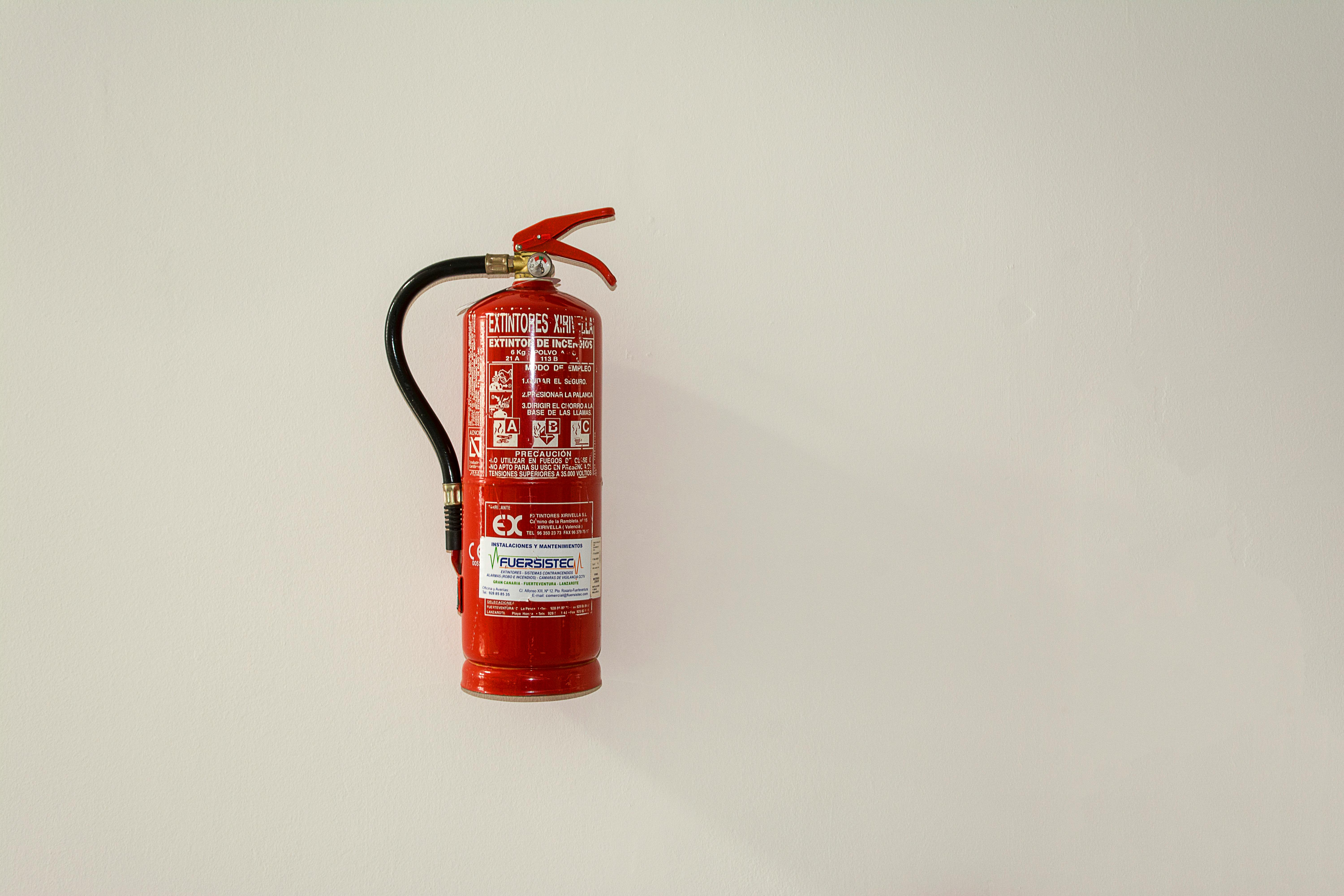Moving to Switzerland for studies is exciting: world-class universities, safe cities, and breathtaking landscapes. But before you settle into your dorm or shared apartment, it’s worth doing a quick safety check of your space. Electrical and fire-safety habits are easy to overlook during the rush of orientation week, yet they can make all the difference in a small room full of laptops, chargers, and kitchen gadgets. Use this checklist to protect your devices and yourself throughout the academic year.
1) Understand Swiss sockets, voltage, and adapters
Switzerland typically uses Type J outlets at 230V. If you brought electronics from abroad, confirm their voltage range (look for “100–240V” on the plug/brick). For single-voltage items, use a proper transformer, not just a plug adapter. Avoid stacking multiple travel adapters or “daisy-chaining” extension cords; that’s a common cause of overheating.
2) Check extension cords and power strips
Choose power strips with surge protection and never overload them. If the strip feels warm or you hear a faint buzzing, unplug it immediately and redistribute your devices to other outlets. Keep strips off carpets and away from bedding or curtains where heat can build up.
3) Space heaters and kettles: keep them separate
In winter, small heaters can be tempting. Place them on a flat, non-flammable surface, at least a meter from bedding and clothing. Switch them off before you sleep or leave the room. The same rule applies to kettles, hot plates, and rice cookers. Never leave them unattended.
4) Treat chargers with respect

Phone and laptop chargers are safest on a solid surface with ventilation. Don’t cover them with pillows or clothes. Replace frayed cables immediately and avoid ultra-cheap chargers that lack proper safety certification. If your plug or adapter ever smells like burning plastic, unplug it right away and have the outlet inspected.
5) Test smoke alarms and clarify responsibilities
In some buildings, landlords or student housing providers install and maintain smoke detectors. In others, you may be responsible for testing and replacing batteries. When you move in, press the test button to ensure each unit beeps. If an alarm is missing or non-functional, report it promptly to the housing office. If you’re curious how professional electricians approach fire-safety upgrades and inspections, browsing the work of reputable providers such as Sagan Electric can give you a sense of best practices and what a thorough safety visit looks like.
6) Consider interconnected smoke detectors
If you live in a larger shared flat, interconnected alarms (when one sounds, they all sound) can add valuable seconds during an emergency. An electrician can advise what’s feasible in your building and help place detectors in bedrooms, hallways, and near kitchens, away from steam sources that cause nuisance alarms. For a deeper dive into options and placement guidelines, see this overview of professional smoke detector installation to understand typical standards and what to ask your building manager about.
7) Keep exits and extinguishers clear
Walk your escape route now, not during an emergency. Keep corridors free of shoes or boxes, and never block a door with luggage. If your residence has a fire extinguisher, note where it is and read the basic PASS method (Pull, Aim, Squeeze, Sweep). In shared flats, agree on a simple plan: who calls the fire brigade (118 in Switzerland), where you assemble outside, and who checks that everyone is out. It’s also wise to ensure your building uses professional fire stopping system to limit fire spread and give everyone more time to evacuate.

8) Mind small kitchens and late-night cooking
Most student incidents happen in the kitchen. Set a timer every time you cook. Turn pan handles inward, and keep a lid nearby to smother small oil fires (never use water on grease). A compact heat-resistant mat is great for hot pans in cramped spaces.
9) Report issues early
If an outlet sparks, a breaker trips repeatedly, or lights flicker, tell your housing office or landlord right away. Minor electrical issues can signal bigger problems behind the wall.
Final thought: Building simple safety habits pays off for the entire semester: better sleep, protected gear, and peace of mind during exam season. Do the checks once, set reminders to test alarms monthly, and share this list with your roommates, because safety is a team sport in any student home.


